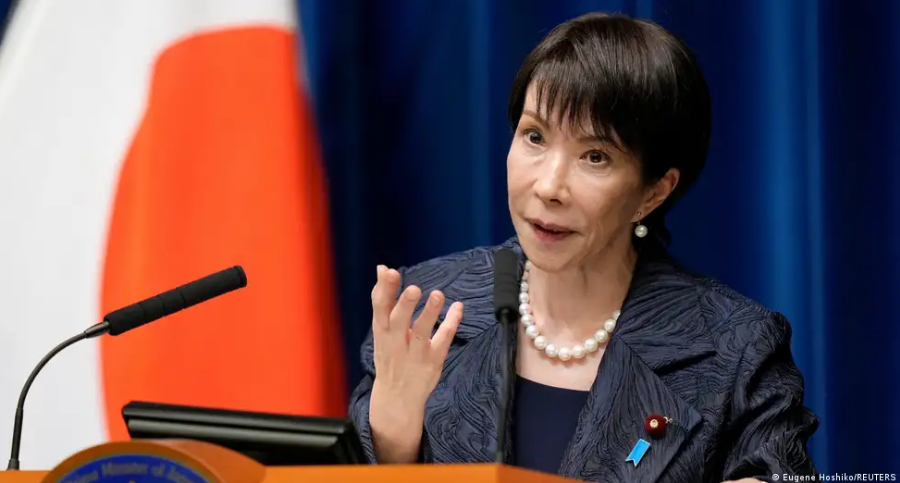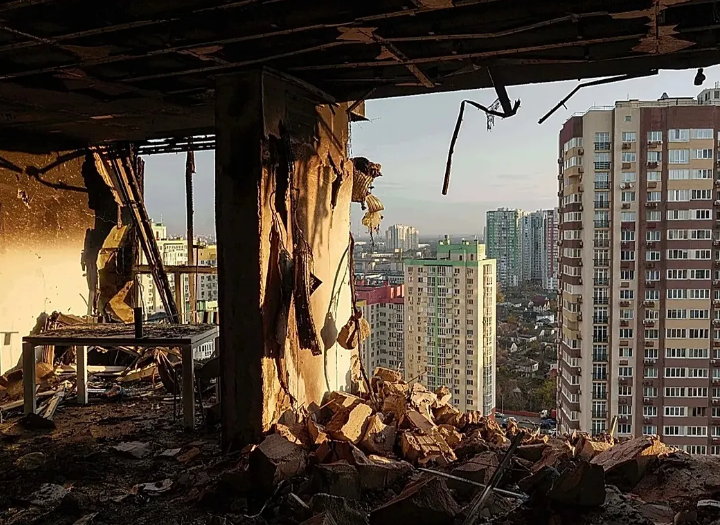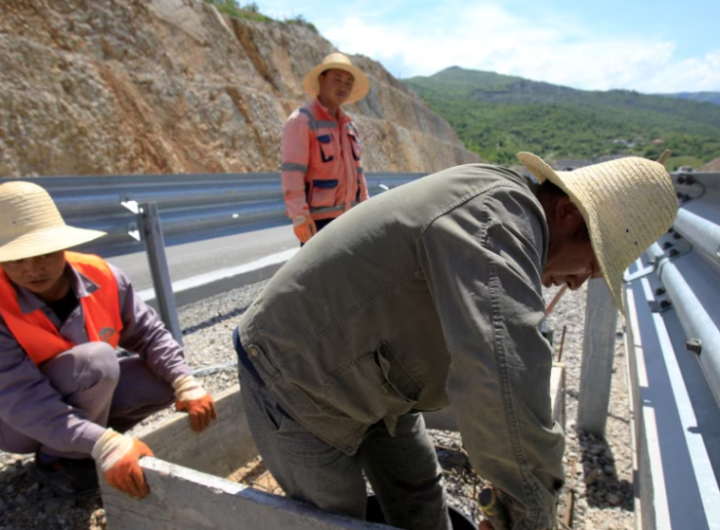
China has issued a travel warning for Japan amid an escalating dispute sparked by Japanese Prime Minister Sanae Takaichi’s remarks on Taiwan.
Japan on Saturday urged China to continue dialogue after Beijing warned its citizens against visiting Japan, Kyodo news agency reported.
Chief Cabinet Secretary Minoru Kihara said Japan had “conveyed the message to China and strongly asked it to take appropriate actions,” without elaborating, according to the report.
“China’s view is not in line with Japan’s understanding. It is precisely because differences remain that multilayered communication between Japan and China is essential,” Kihara told reporters.
Tokyo’s appeal comes amid a row over the new Japanese leader’s remarks on Taiwan, a self-governing island China claims as its territory.
Why is China warning its citizens against traveling to Japan?
China cautioned its citizens against visiting Japan, a popular destination for Chinese tourists, “in the near future” late Friday.
“Recently, Japanese leaders have made blatantly provocative remarks regarding Taiwan, severely damaging the atmosphere for people-to-people exchanges,” China’s embassy in Japan said in a statement.
It added that the situation presents “significant risks to the personal safety and lives of Chinese citizens in Japan.”
Following the announcement, three Chinese airlines, Air China, China Southern and China Eastern, offered full refunds or changes to Japan itineraries for free through December 31.
What did Japan’s PM say about Taiwan?
On November 7, Sanae Takaichi, who became prime minister last month, said in parliament that a Chinese attack on Taiwan could amount to a “survival-threatening situation,” potentially requiring Japan to activate its forces in self-defense.
She said if an emergency on the self-governing island would entail “battleships and the use of force, then that could constitute a situation threatening the survival (of Japan), any way you slice it.”
Under the security legislation passed in 2015, Japan can exercise collective self-defense under certain conditions.
Her remarks have prompted strong objections from China.
Despite the escalating diplomatic row, Takaichi has refused to withdraw her statement, which she defended as “consistent with the government’s traditional position.”
But the new Japanese leader, who has been a vocal critic of China and its military build-up in the Asia-Pacific, said she would refrain from making similar comments in the future.

 Azerbaijan protests to Russia after Kyiv embassy damaged in Russian missile attack
Azerbaijan protests to Russia after Kyiv embassy damaged in Russian missile attack  Kallas confirms EU working on new sanctions package against Russia
Kallas confirms EU working on new sanctions package against Russia  Germany agrees new military service plan to boost troop numbers
Germany agrees new military service plan to boost troop numbers  US-sanctioned Chinese company in race to build Montenegro highway
US-sanctioned Chinese company in race to build Montenegro highway  The Western Balkan route – A new path for chinese migrants to the west
The Western Balkan route – A new path for chinese migrants to the west  ‘Moscow-Belgrade-Ljubljana axis’: Dr. Verčič unpacks Russia’s ‘subtle’ info war
‘Moscow-Belgrade-Ljubljana axis’: Dr. Verčič unpacks Russia’s ‘subtle’ info war